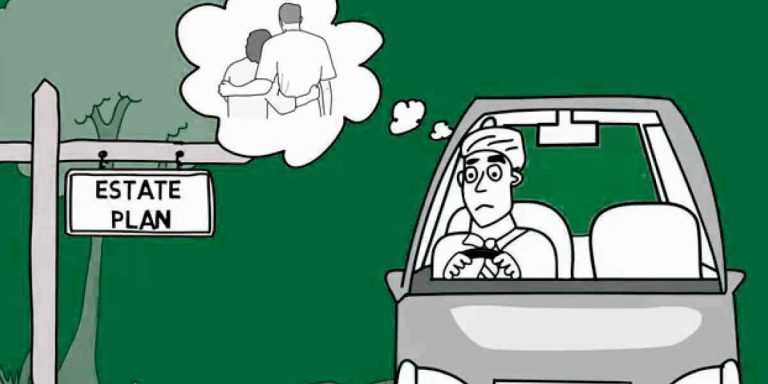Estate planning
Often people mistake estate plan with a will, estate planning goes beyond writing a will. A will is just a document contained in an estate plan. An estate plan contains far much information and instructions and the will is just one of the documents contained in an estate plan. An estate plan makes provision for everything not just the estate or asset of the person but also his life, health, etc. an estate plan makes provision for the person if something should happen to them say, incapacitation, so an estate plan can come into play while the person is still alive but a will can only be effective after the death of the person. An estate plan includes a will, health care proxy, financial attorney, provision for guardianship, living trust, plans for retirement, etc.
A will
A will is a legal document which is written by the testator stating how his estate should be managed after his death. The will enables the testator decides what happens to his estate when he is no more.
- The testator names his heirs and beneficiaries in the will. If he wishes that part of his estate be given to charity say orphanage homes or disabled persons, he states it in his will. If he desires to bequeath his whole estate to just one person, he states this in his will.
- The testator names the executor in the will. the executor is the person who will be in charge of executing everything that is stated in the will, he settles creditors, taxes, bills, he ensures the estate is paid everything it is owed, he locates the beneficiaries of the estate and notifies them of the commencement of probate. The testator chooses the executor based on how much he trusts the person.
If a loved one dies, his assets needs to be legally passed down to his heirs and beneficiaries else, his assets will still retain his name even long after his death. These assets won’t be accessible by anyone. The only legal way by which the dead person’s assets can be passed down to his heirs and beneficiaries is through the process of probate.
Probate is a legal process by which the court uses to determine the validity of the last will and testament of a deceased person. In some instance, the deceased might die without having a will, in a situation like his, the deceased is said to have died intestate. If a person dies intestate, the court will determine what will happen to his assets. They do this based on the laws of the state where the person resides.
Estate planning mistakes to avoid
If an estate is not properly planned out, it might cause issues for the heirs and beneficiaries of the deceased person. Not just that, it might even lead to wastage of the estate if proper care is not taken to plan the estate and avoid certain mistakes. Some of the mistakes that should be avoided include:
Not having a will: This could be a really terrible mistake as it will leave the fate of the estate of the deceased person in the hands of the probate court. The court will have to decide what will happen to the person’s estate, who will be named the administrator and how the estate will be shared among the heirs of the testator. This could take longer time compared to an in instance where there is a will.
Not avoiding probate: At times it will be best to avoid probate as a whole as the process could be really demanding. Many persons do not want their loved ones to go through the stressful process of probate so they plan their estate in a way to avoid probate.
FAQ
Question: who is the testator?
Answer: the testator is the person who writes the will, he is the owner of the estate.
Question: who is the administrator?
Answer: the administrator serves the same function as the executor but he is named by the court if there is no will or if there is no named executor
Probate attorney
The role of a probate attorney cannot be over emphasized as they will guard you through the process to avoid making these mistakes. Contact our attorneys today for hire and consult.






